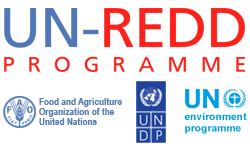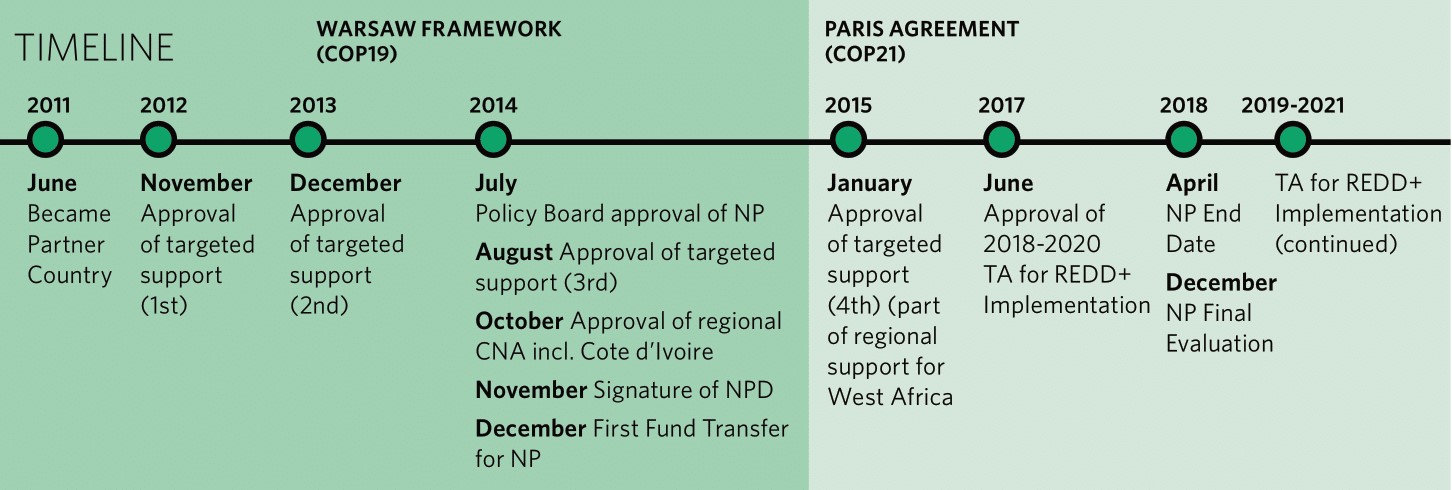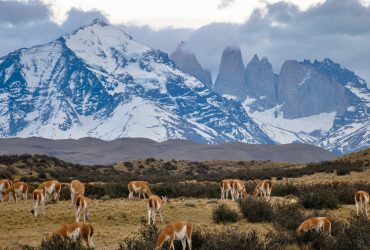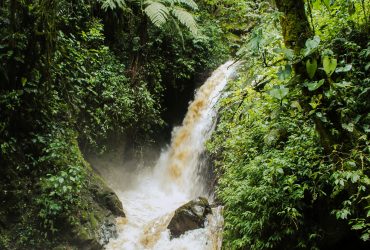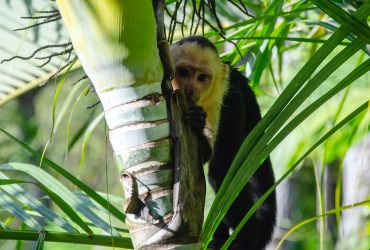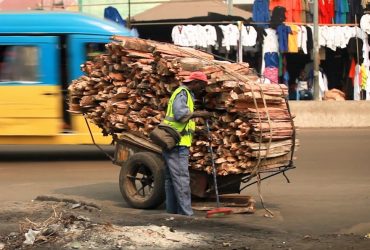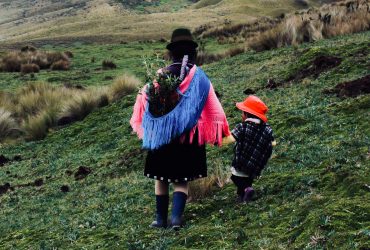REDD+ IMPLEMENTATION
Forest solutions realized. As mentioned above, the scheduled revision and submission of the activity data and FREL have been put on hold, in agreement with the national coordination to match carbon standards that are most likely to provide RBPs. The MRV system specifically extended the analysis of land cover change to the entire AFOLU sector, including sampling design, auxiliary data to augment robustness of classification and development of interpretation key, and engaged in the first systematic campaign to update activity data for the GHG inventory to be finailzed in early 2022. This activity enables the leveraging of high-resolution Planetscope data made available through the NICFI program and actively involves post-graduate students from the University Felix Houphouët-Boigny.
Building on successful experiences from the implementation of zero-deforestation agricultural production jurisdictional approaches in the regions of Cavally and Belier, UN-REDD supported the dialogue process between the Government of Cote d’Ivoire and the European Union on deforestation-free cocoa production and trade and sharing groundbreaking lessons learned from the field. Similarly, UN-REDD supported the capacity building of the ARCI (Association of Regions and Districts of Côte d’Ivoire) on REDD+ jurisdictional approaches and the mobilization of funding to address deforestation from agricultural production within the framework of the political dialogue between the Government of Côte d’Ivoire and the European Union.
UN-REDD equally supported the Ministry of Forests to develop a national action plan for sustainable cocoa production and agroforestry called White Book for Sustainable Cocoa Production. This was later used as a foundation for discussions with the European Union.
Forest solutions rewarded. Continuous technical support has been provided to the SEP-REDD in drafting and submitting the decree regulating REDD+ investments to the Government, focusing on ER rights considerations. The UN-REDD technical team was part of the national legal taskforce that met virtually on several occasions to discuss the contents of the draft decree and to provide technical support through a presentation highlighting the relevance of regulating carbon rights to enhance REDD+ climate finance.
In addition, as part of the UN-REDD Programme workplan in 2021, UN-REDD collaborated with the law firm, White & Case, in analysing legal and carbon rights contexts in 19 countries. This included generating relevant information to be reflected in technical publications in 2022 and serving to assist future carbon financing schemes for the forest sector. The country’s legal reports are based on a desk review of existing legal and institutional frameworks to determine the ownership of the forest carbon rights and the identification of a potential REDD+ emissions reductions administrator and/or potential REDD+RBPs beneficiaries. The legal reports, with updated legal information, will inform a global comparative study on carbon rights to be published by the UN-REDD Programme. In 2021, a blog was published in the UN-REDD portal aimed at explain the implications of carbon rights, available here.
Several technical sessions were held with the national coordination to discuss opportunities to access carbon finance regarding the ART-TREES carbon standard.
Forest solutions enhanced. UN-REDD is supporting the Government of Côte d’Ivoire for a timely official submission of the revised NDC to UNFCCC Secretariat. UN-REDD is supporting the development of the revised NDC implementation plan with a focus on financing modalities in respect to forest solutions, including consolidation of inputs from different technical working groups and partner institutions and more importantly, integration of forest solutions and REDD+ plans. For example, in respect to climate change mitigation, the revised NDC includes two unconditional forest solutions (M35: reduce deforestation rate by 70 percent from 2015 baseline by 2030; M36: convert 1 million hectares of land into forests by 2030) and one conditional forest solution (M37: convert 300,000 hectares of land into forests by 2030). These forest solutions represent the largest mitigation potential (-34.65% for unconditional and -150.18% for both) from all sectors.
